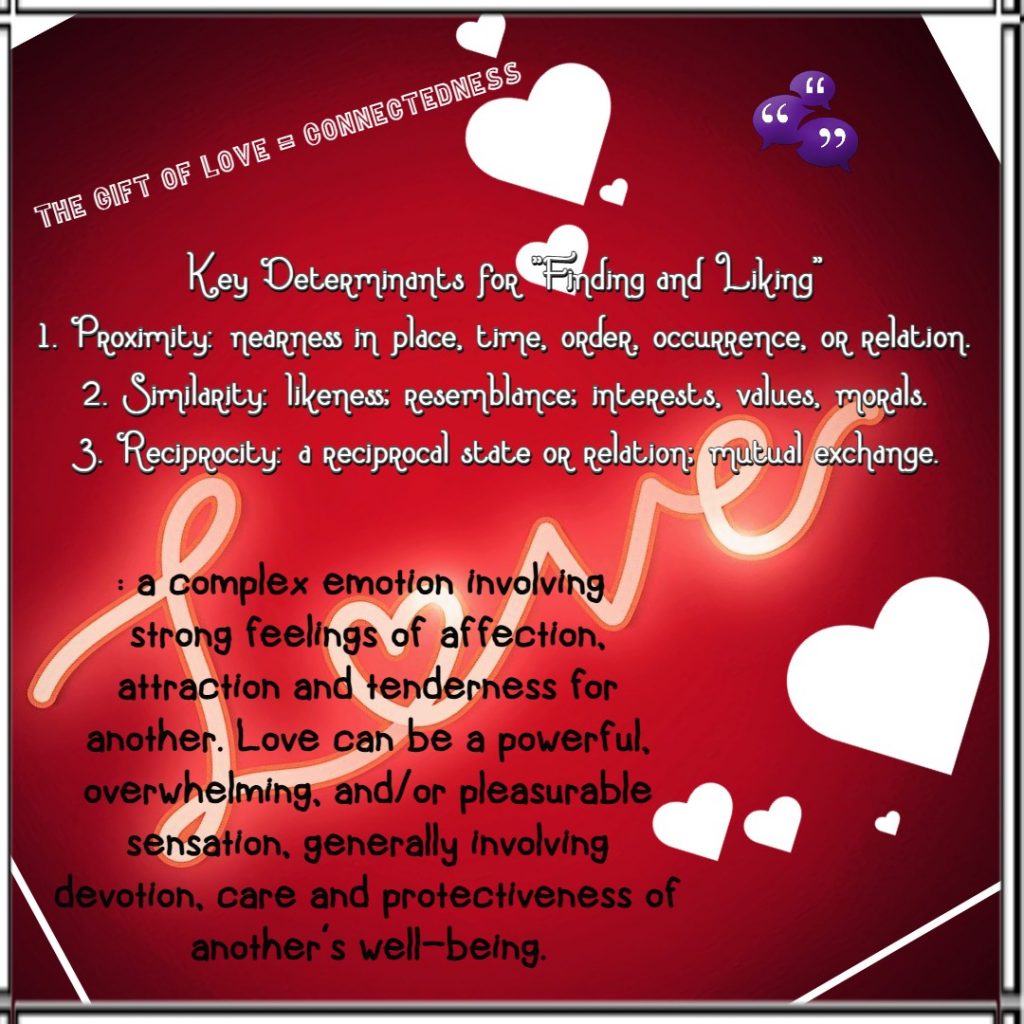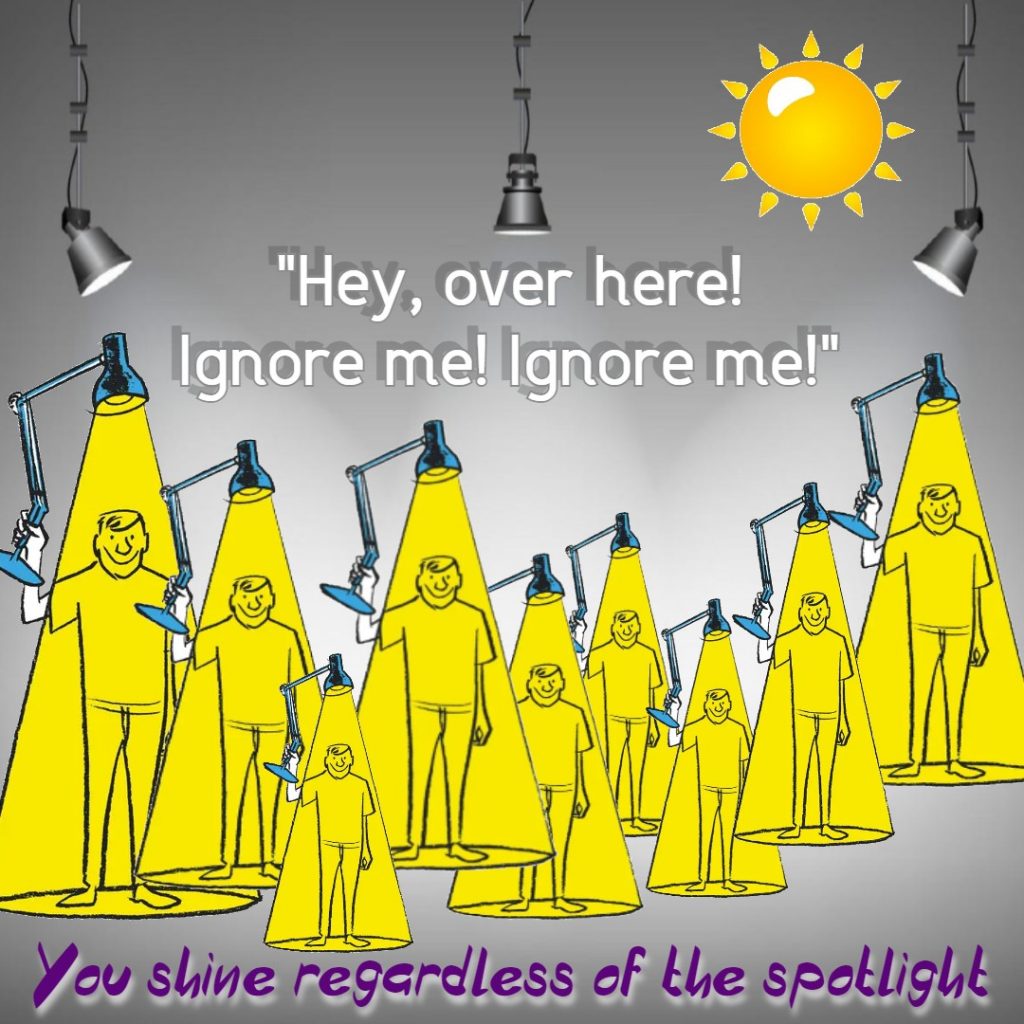Gossiping is a universal social behaviour that involves the giving and receiving of information about others, generally perceived as having a negative effect on social groups and it is commonly sensationalistic in manner. The psychology of gossiping encompasses various aspects of human behaviour, including social interaction, communication, and interpersonal relationships.
Gossiping serves several psychological functions, such as forming and maintaining social bonds, establishing group norms, and conveying social information. Understanding the psychology of gossiping requires an examination of the underlying motivations, cognitive processes, and social dynamics involved in this behaviour.
One of the primary psychological functions of gossiping is its role in social bonding. According to evolutionary psychologists, gossiping may have evolved as a mechanism for monitoring and regulating social relationships within groups. By sharing information about others, individuals can establish and reinforce alliances, as well as identify potential threats or allies within their social networks. Gossiping also serves as a form of social currency, allowing individuals to exchange information and build rapport with others.
Furthermore, gossiping can be driven by intrinsic motivations related to curiosity and entertainment. People are naturally drawn to stories about others, particularly those involving conflict, romance, or scandal. This inclination toward sensationalistic narratives reflects the human tendency to seek novelty and emotional arousal through storytelling. From a psychological perspective, gossiping can be seen as a means of satisfying these innate cognitive and emotional needs.
In addition to its role in social bonding and entertainment, gossiping serves as a mechanism for transmitting social information and enforcing group norms. Through gossip, individuals communicate expectations and judgements regarding behaviour, values, and social roles within their communities. Gossip can function as a form of informal social control by publicly sanctioning or condemning certain behaviours, thereby influencing the conduct of group members.
The psychology of gossiping involves considerations of ethical and moral implications. While gossip can facilitate social cohesion and information sharing, it can also lead to negative consequences such as reputational damage, interpersonal conflict, disharmony, and breaches of privacy. Understanding the psychological mechanisms underlying gossiping can shed light on the ethical dilemmas associated with this behaviour and inform strategies for promoting responsible communication within social contexts.
Gossiping can indeed be malicious, as it involves spreading rumors or information about others that may be harmful, untrue, or damaging to their reputation. Malicious gossip can have serious consequences for the individuals involved, leading to damaged relationships, loss of trust, and even psychological harm. It is important to understand the impact of malicious gossip and the ethical considerations surrounding the spread of such information.
Malicious gossip is often driven by negative intentions, such as jealousy, resentment, or a desire to harm someone’s reputation. It can take various forms, including spreading false information about an individual’s personal life, career, or character. In some cases, malicious gossip may be used as a tool for bullying or manipulation, with the intent to undermine someone’s social standing or credibility.
The effects of malicious gossip can be far-reaching. It can lead to strained relationships, social ostracism, and damage to one’s professional reputation. In extreme cases, it can even result in legal action if the spread of false information causes tangible harm to an individual’s livelihood or well-being.
In summary, the psychology of gossiping encompasses various psychological functions, including its role in social bonding, entertainment, information transmission, and norm enforcement. By examining the underlying motivations, cognitive processes, and social dynamics involved in gossiping, researchers can gain insights into the complexities of human social behavior and interpersonal communication.
References:
Adler, R., & Proctor II, R. F. (2014). Looking out/looking in (14th ed.). Cengage Learning. (Print)
Dunbar, R.I.M. “Gossip in Evolutionary Perspective.” Review of General Psychology (Print)
Foster E.K., & Campbell W.K. “The Psychology of Gossip: A Review.” Social Psychological Review (Print)
Kniffin K.M., & Wilson D.S. “Evolutionary Perspectives on Gossip.” Social Psychology Quarterly (Print)
Kowalski, R. M., Limber, S. P., & Agatston, P. W. (2012). Cyberbullying: Bullying in the digital age (2nd ed.). Wiley-Blackwell. (Print)
Manning, J., & Levine, L. J. (2016). The psychology of social media: Why we like, share, comment and keep coming back. Routledge. (Print)
Robbins M.L., & Karan A. “Gossip: The Good, The Bad & The Ugly.” Journal of Applied Social Psychology (Print)
Salmivalli, C., & Graham-Kevan, N. (Eds.). (2019). Intimate partner violence: New perspectives in research and practice. Routledge. (Print)
Smith, P., & Steffgen, G. (Eds.). (2013). Cyberbullying through the new media: Findings from an international network. Psychology Press. (Print)
Sommerfeld R.D., & Jordan J.J. “The Evolutionary Foundations of Gossip.” Biological Theory (Print)


